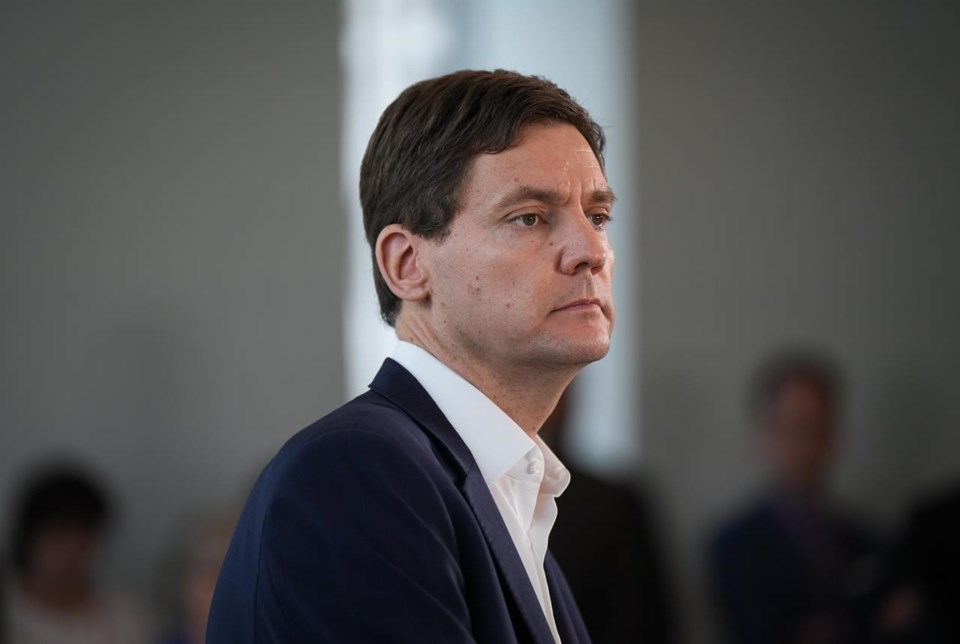CHILLIWACK, B.C. — The over-representation of Indigenous people in British Columbia's jails is a destructive cycle that must be broken, said Premier David Eby as he officially opened a First Nations justice centre in the Fraser Valley.
Indigenous people comprise about five per cent of B.C.'s population, but account for about 30 per cent of people in provincial jails, Eby said Monday.
"One of the pieces of work that we need to do in our province is making sure that we address the core issues that bring people into contact with the justice system, into conflict with the law, into conflict with their neighbours and communities," he said at a news conference at Chilliwack, east of Vancouver.
"A lifetime in and out of jail doesn't make anybody safer," he said. "It doesn't address the core issues that cause that cycle. We need to break that cycle."
The government is working with the Indigenous-led B.C. First Nations Justice Council to move ahead with measures launched three years ago, that reflect justice system reforms envisioned by Indigenous people, Eby said.
The Chilliwack facility will provide culturally appropriate information and supports for Indigenous people struggling with legal issues in the Fraser Valley area.
B.C. already has Indigenous Justice Centres in Prince Rupert, Prince George and Merritt, as well as a virtual centre serving the province. There are plans to expand to a total of 15 locations over the next three years.
Eby also announced $10 million to support community-based First Nations justice programs that aim to address circumstances that may have led to offences and ensure individual housing, mental health and addictions treatment needs are addressed.
"If we want to break the cycle for someone who is Indigenous and involved in that cycle, we have to have culturally appropriate responses that meet the needs of where they're at," he said. "That's the only way that we'll be successful."
Eby said the B.C. First Nations Justice Council is undertaking work that is critical "to address the over-representation of Indigenous people in our justice system."
Kory Wilson, B.C. First Nations Justice Council chairwoman, said the B.C. government has shown "courage to do things differently to allow Indigenous people to lead on our path of justice and right those wrongs of the past."
She said the goal of the provincial justice centres is to show Indigenous people are breaking the cycle of incarceration.
"We are committing to ensuring all four justice centres have the most effective, most appropriate culturally sensitive (services)," said Wilson.
A B.C. government statement said the Chilliwack Indigenous Justice Centre will offer services that include legal advice, connections to local support services and assistance creating a personalized restorative justice plan.
Eby said helping individuals with legal supports and healing opportunities builds safer communities for everybody.
This report by The Canadian Press was first published June 12, 2023.
The Canadian Press



